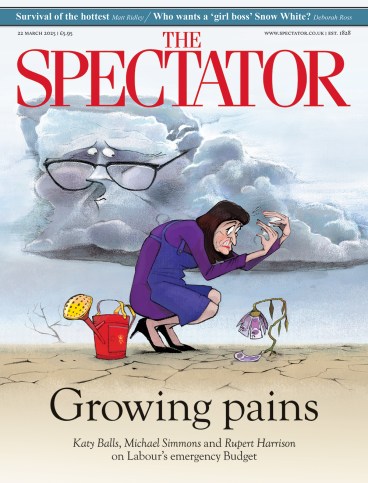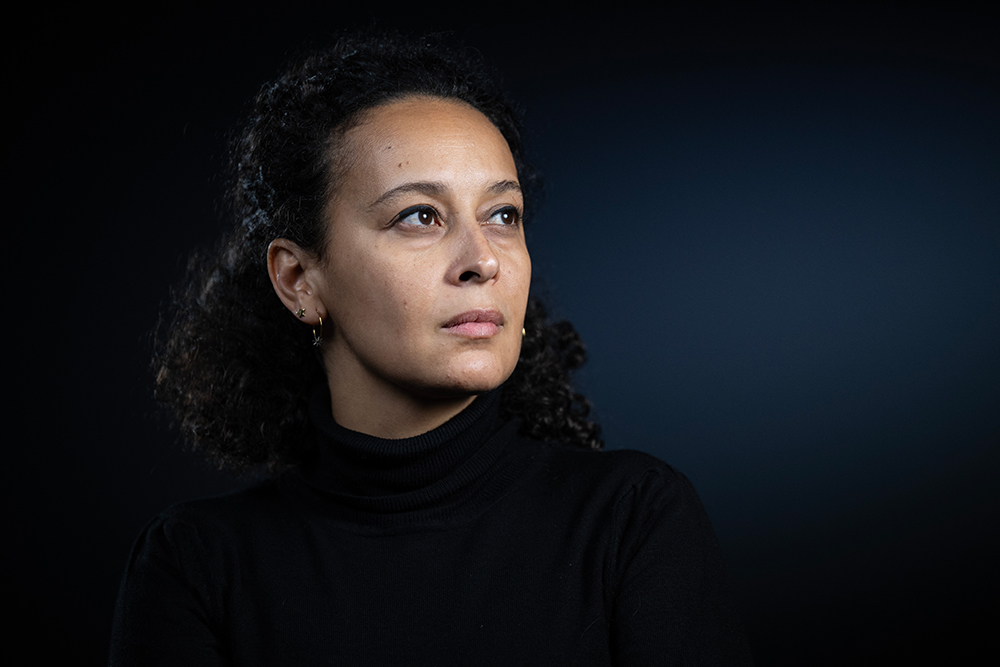
It was a relatively minor episode in a period marked by the killing of two African presidents, months of massacres in churches, schools and sports stadiums, a biblical exodus by much of the Hutu population, a cholera outbreak in refugee camps established in the neighbouring Democratic Republic of Congo (DRC), and a rebel takeover of the country. But it mattered a great deal to Beata Umubyeyi Mairesse, the author of this book, as she was one of the children evacuated in June 1994. At 15, she did not meet the criteria stipulated by the convoy’s organisers, so she and her mother hid under a tarpaulin sat upon by the smaller children as the trucks worked their painstaking way through a series of road blocks manned by Hutu militiamen hungry for fresh victims.
For years, Mairesse, who is based in France, processed this experience by writing fiction and giving talks to school-children. But she finally felt able to expose in non-fiction form the kernel at the heart of all her work: that convoy. She spent years tracking down the aid workers who organised the trucks, the children evacuated alongside her, and the photographers and cameramen who captured the incident.
There’s a long tradition in both text and film in which artists probe a single, solitary event – either by exploring a range of different perspectives or by working through layers of detail – to strike creative gold. Think Rashomon. The disappointment with The Convoy is that, despite the extraordinary amount of work Mairesse puts into her investigation, this never quite happens.








Comments
Join the debate for just £1 a month
Be part of the conversation with other Spectator readers by getting your first three months for £3.
UNLOCK ACCESS Just £1 a monthAlready a subscriber? Log in